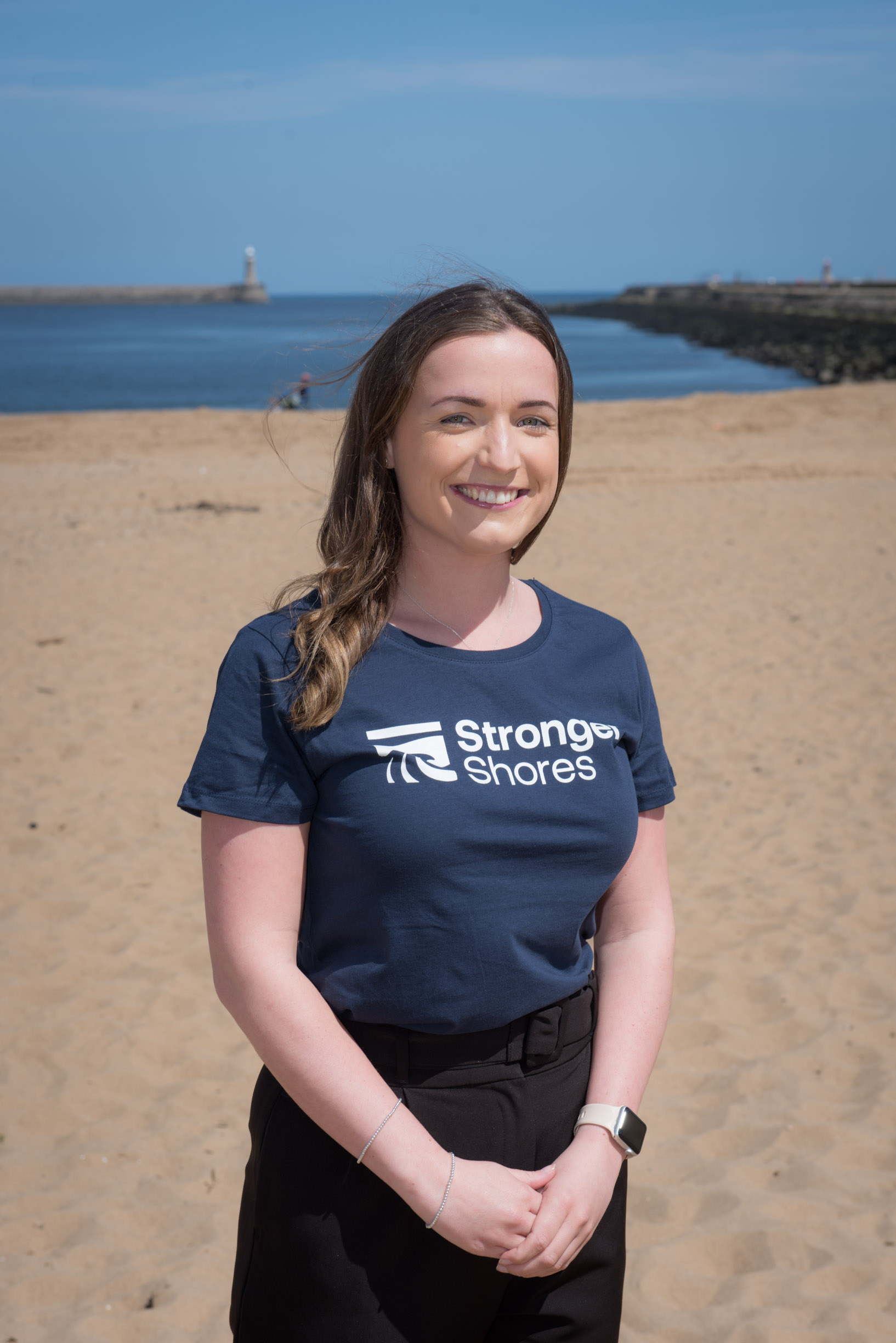
Emily Ross
Project Delivery Officer
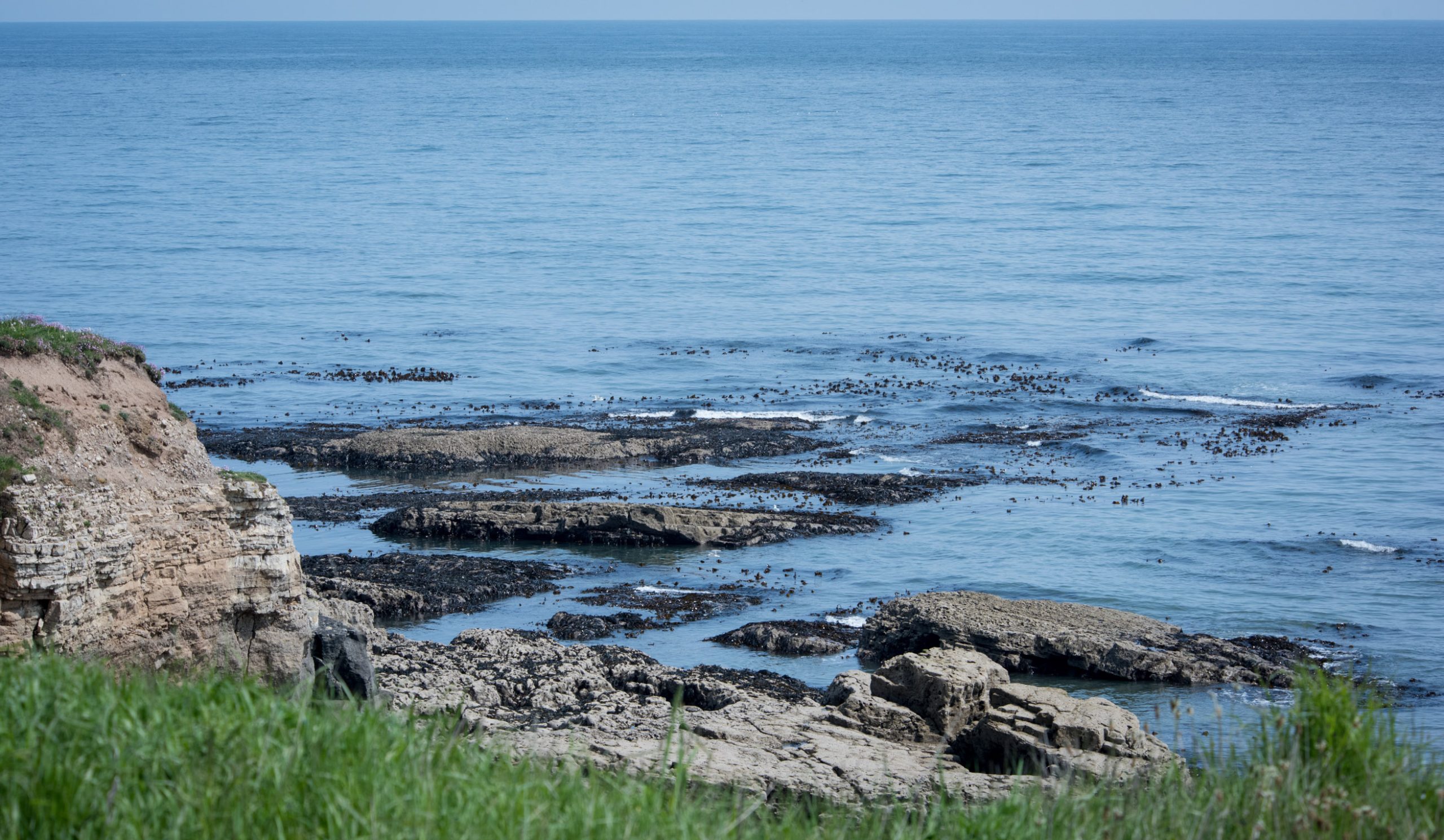
Covering the North Sea coastline from Lindisfarne in Northumberland to Skinningrove in Redcar and Cleveland, we are developing and testing new approaches to help the fight against flooding, coastal erosion and climate change.
Many areas are threatened by flooding, erosion and storms and climate change will only make this worse. If we do nothing, habitats and communities could suffer.
Stronger Shores is turning to the hidden habitats below the waves – seagrass meadows, kelp forests and oyster reefs – for a solution. Experts will learn how these habitats: reduce erosion; stabilise shorelines; and support wildlife. Trialling these practical, value-for-money actions now will save money later.
This project is funded by Defra as part of the £200 million Flood and Coastal Innovation Programmes which is managed by the Environment Agency. The programmes will drive innovation in flood and coastal resilience and adaptation to a changing climate. You can find out more about this programme by clicking here.
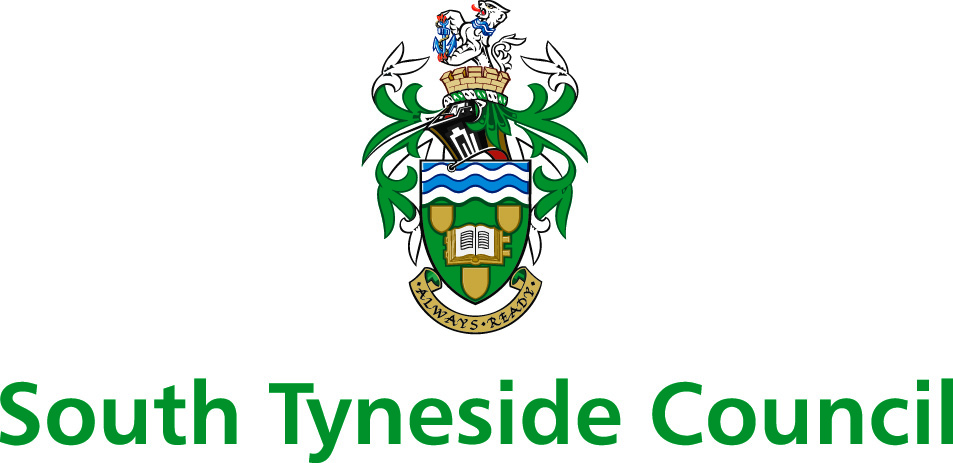

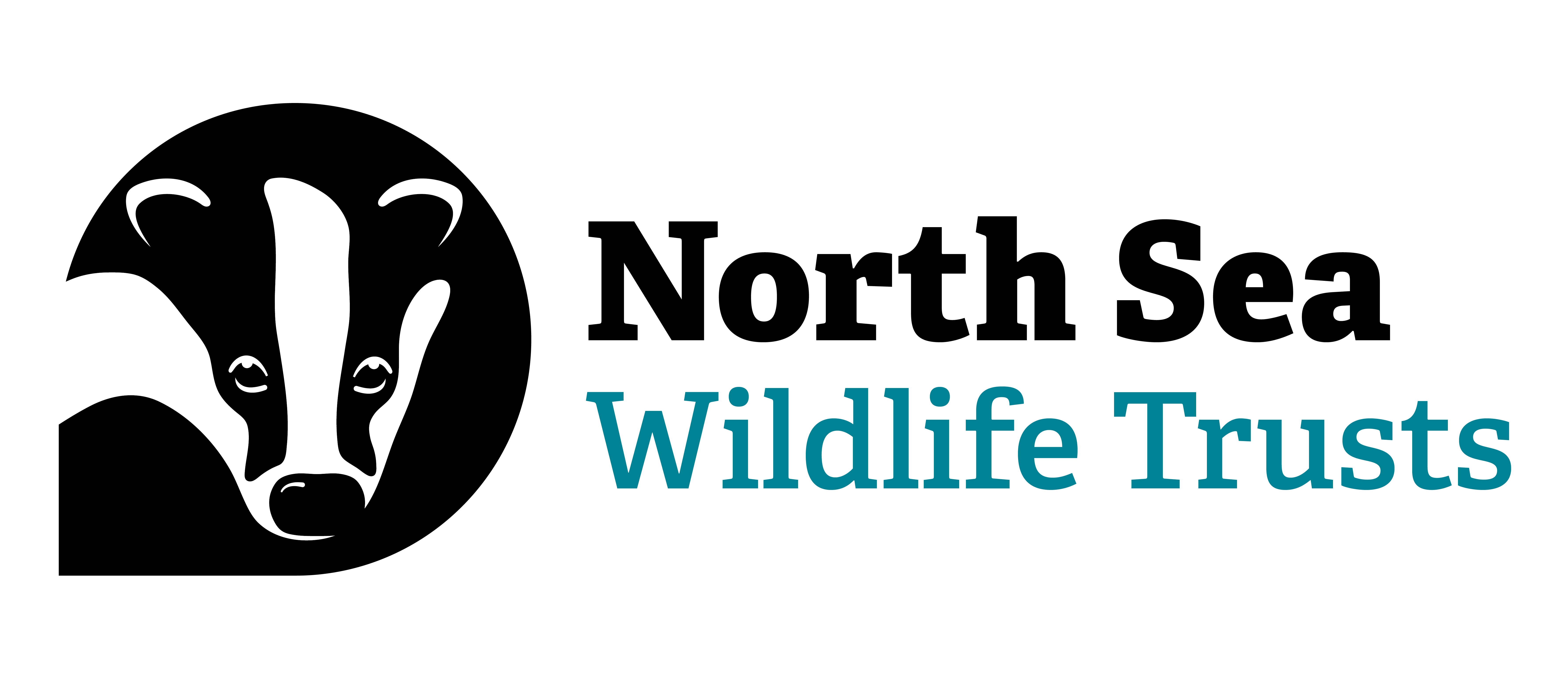
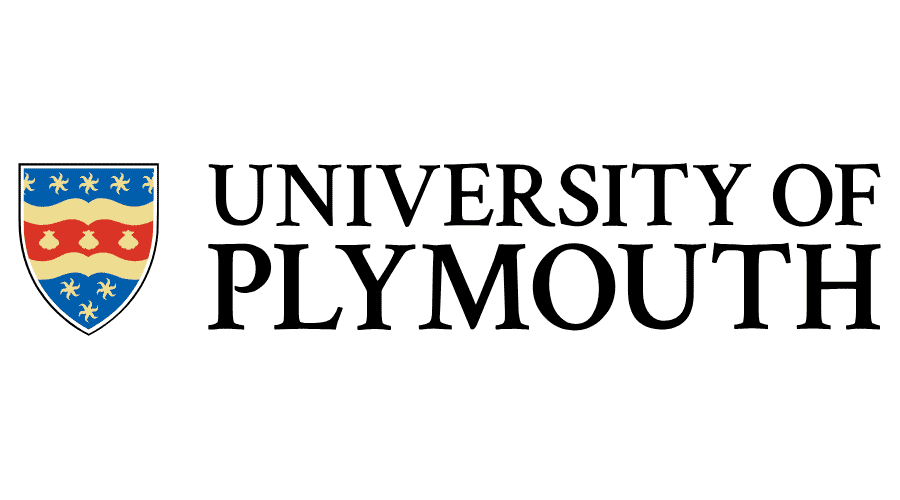
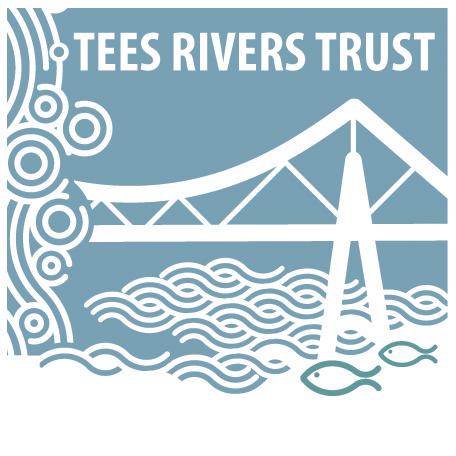
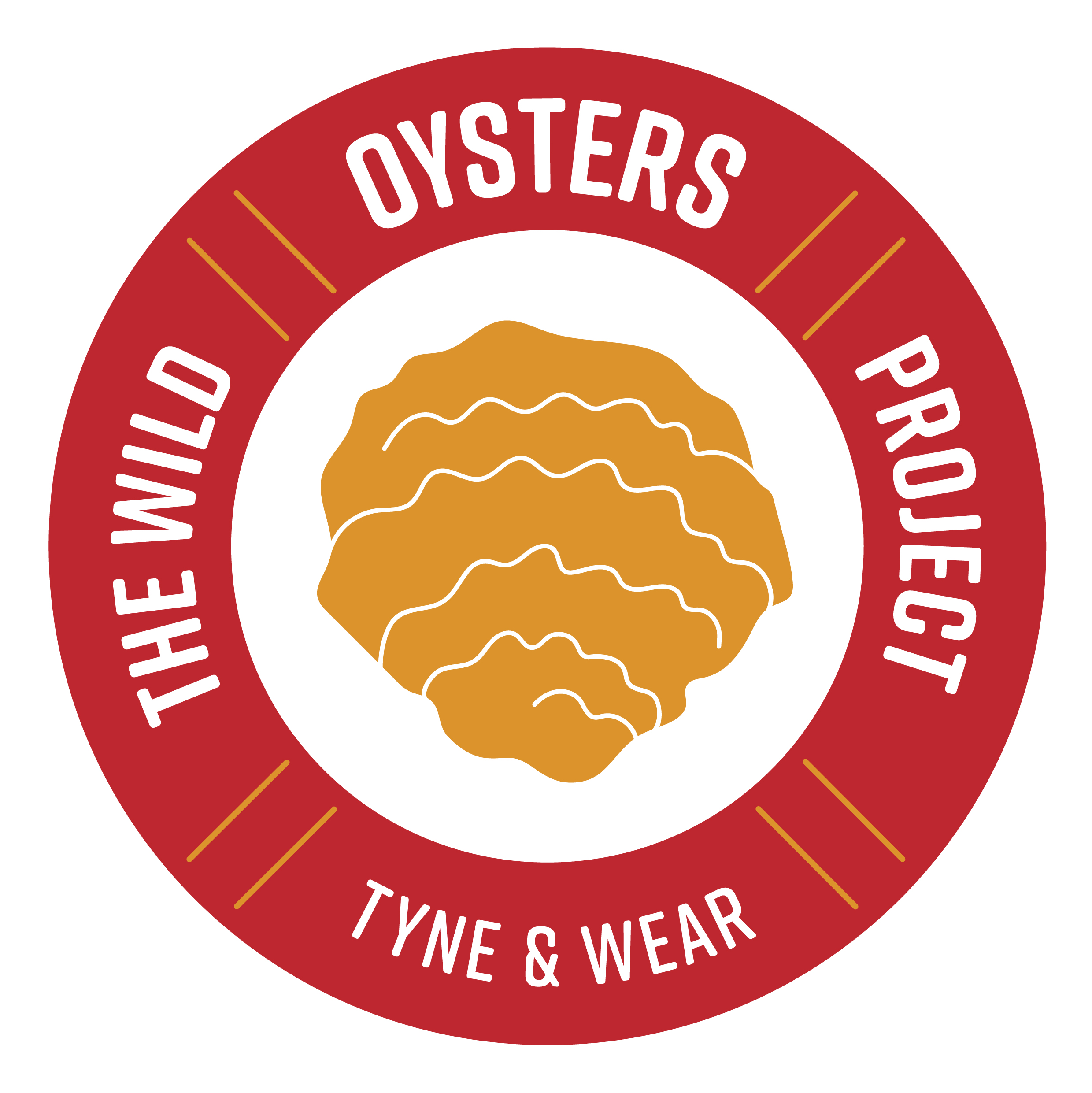
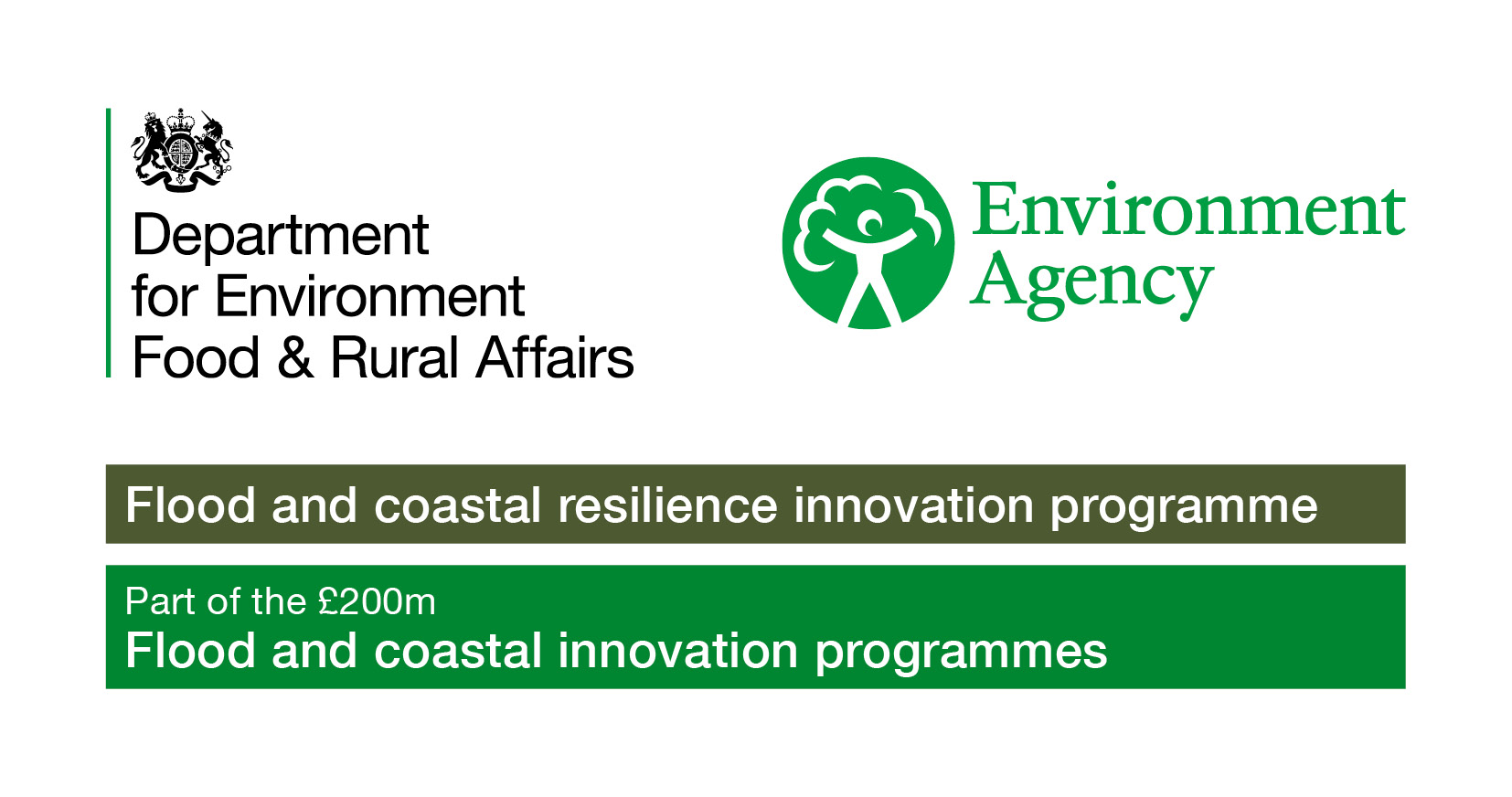








Project Delivery Officer
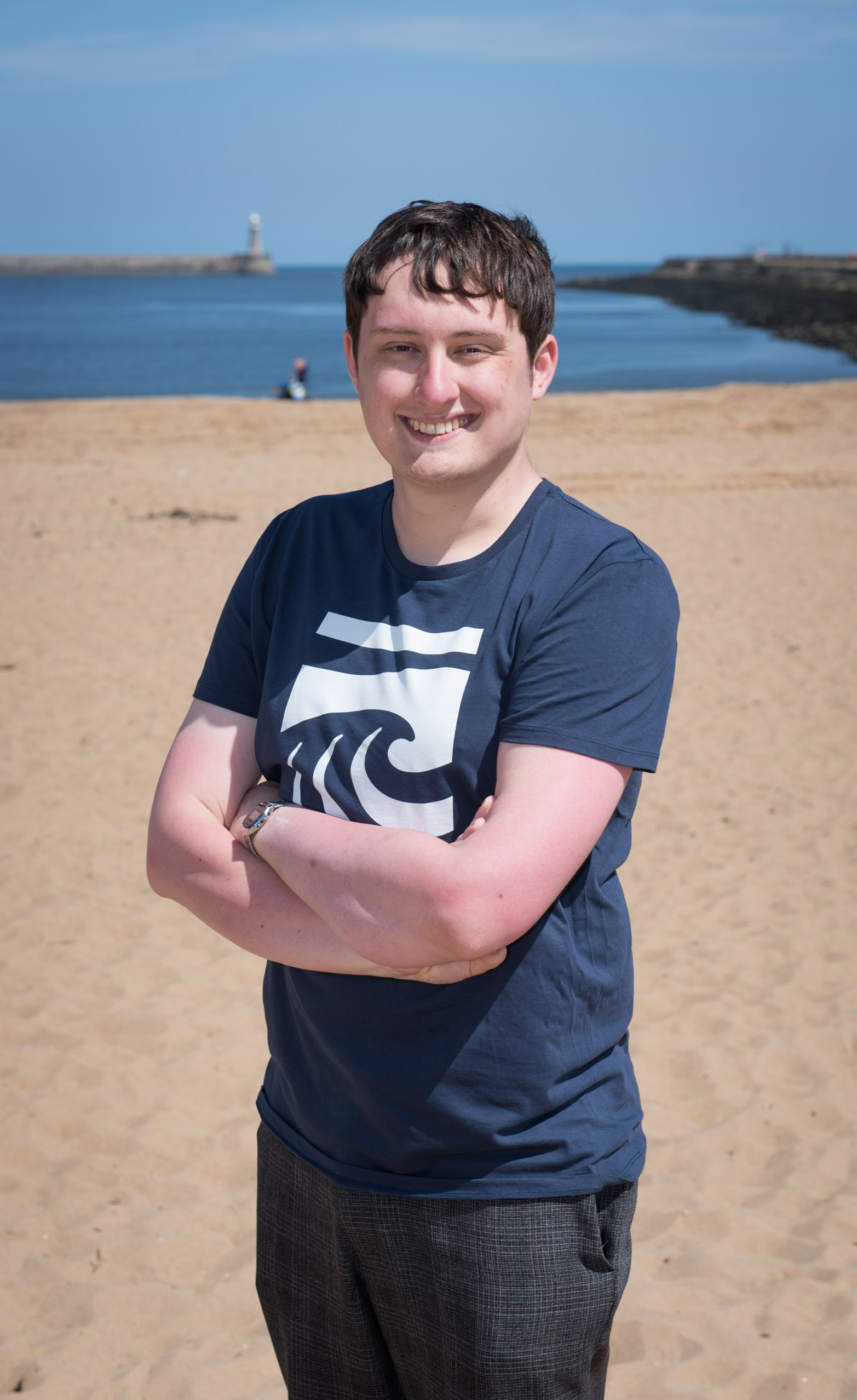
Graduate Environmental Protection Officer
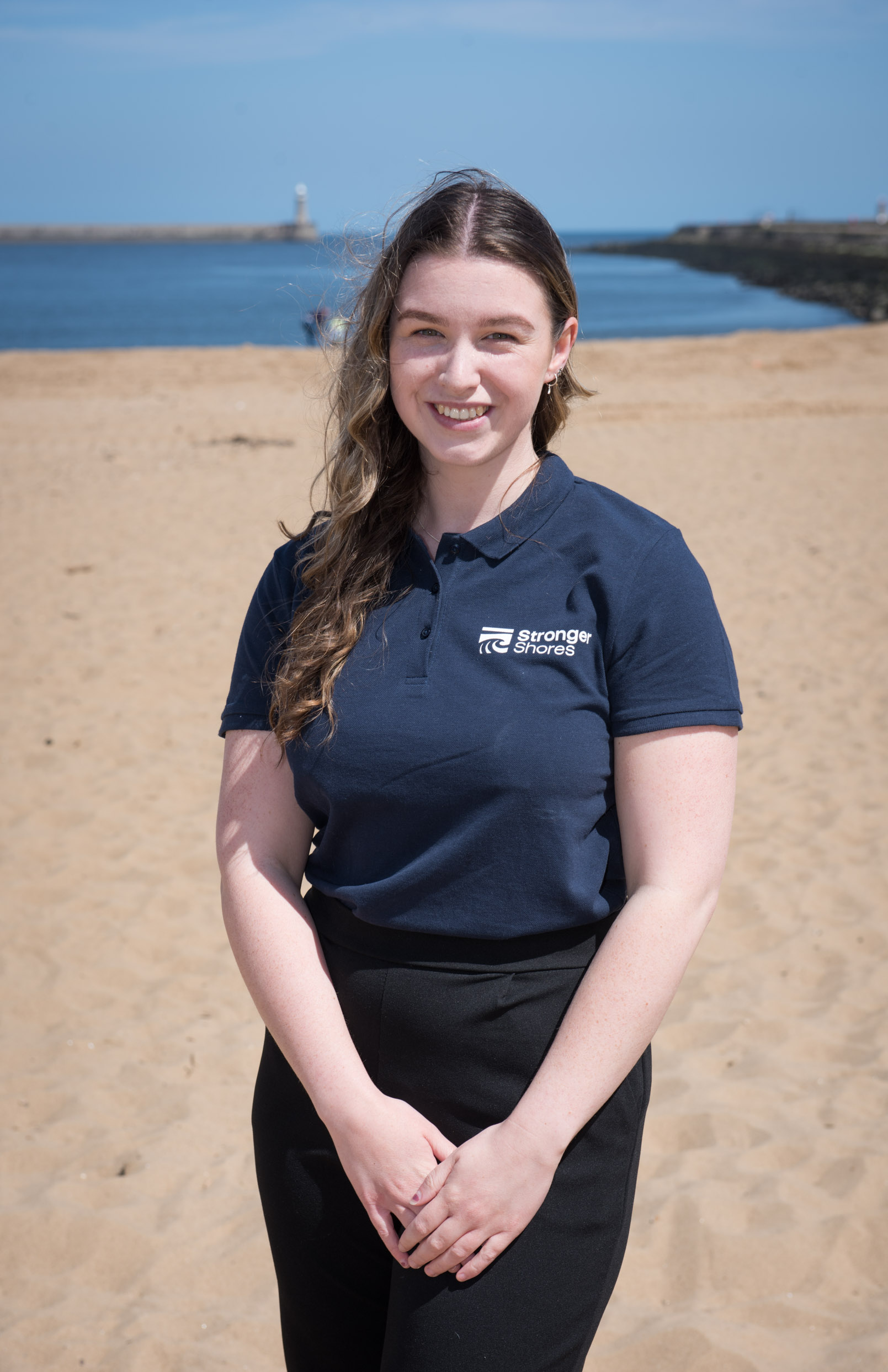
Project Officer
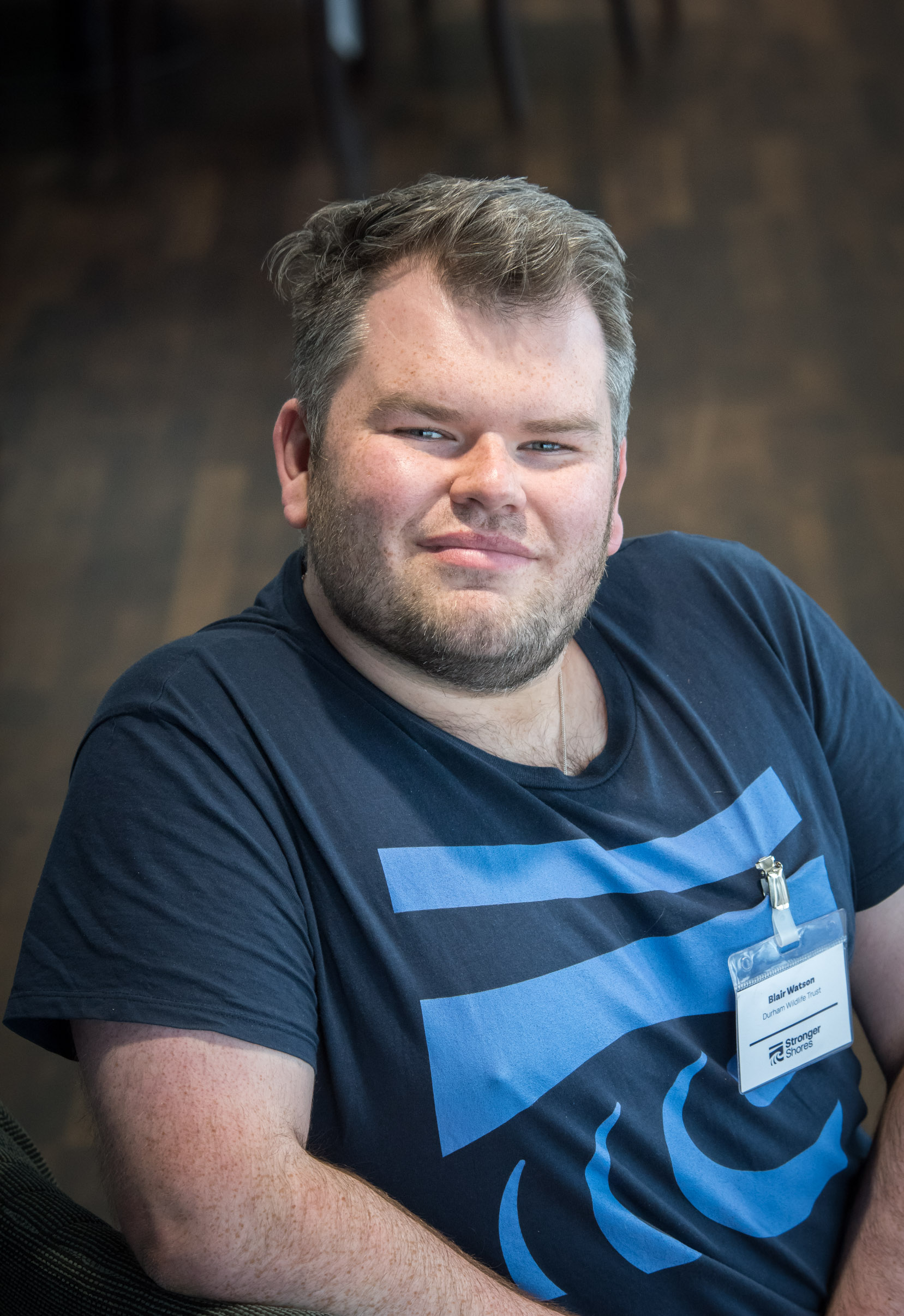
Engagement Officer
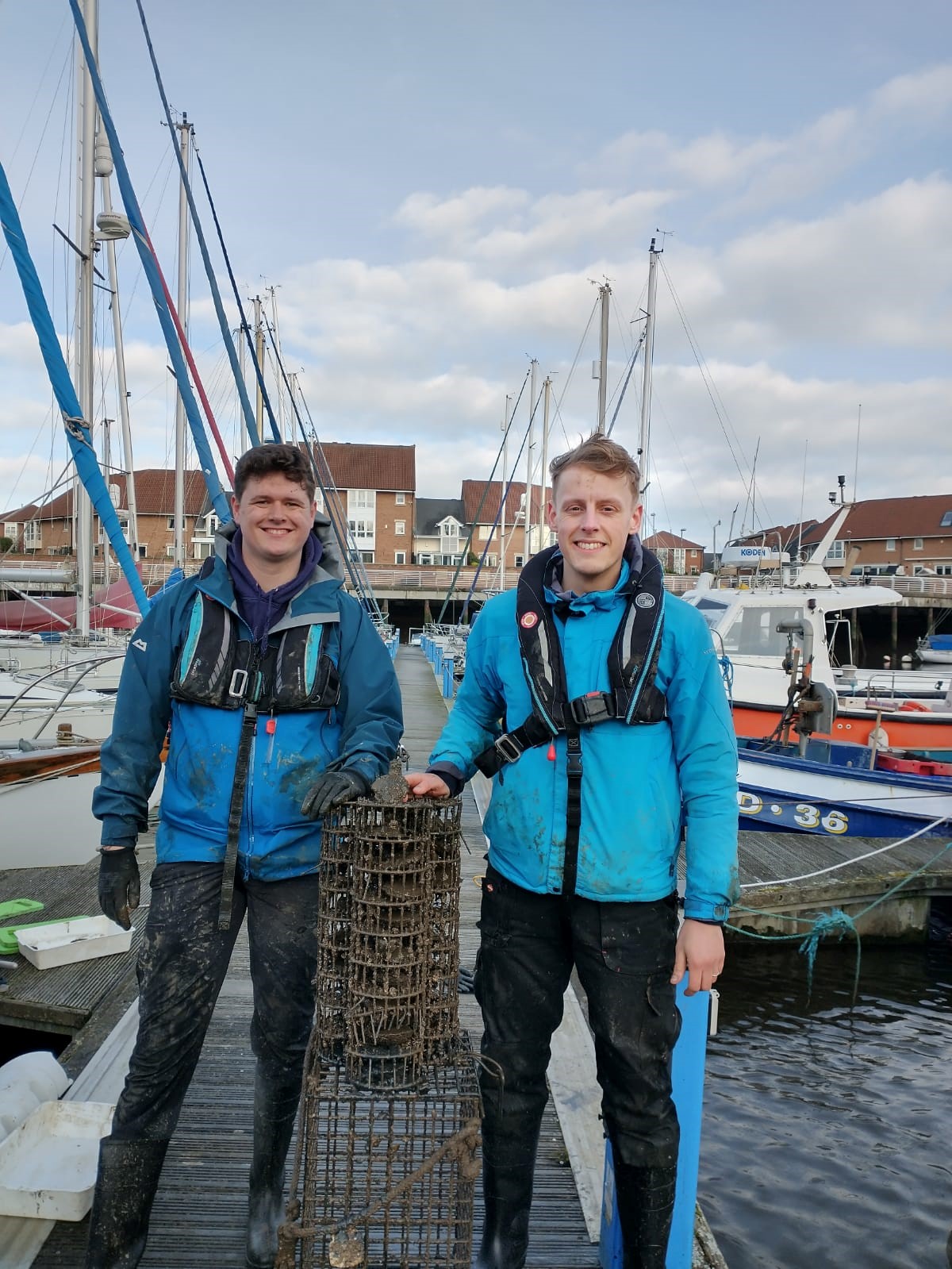
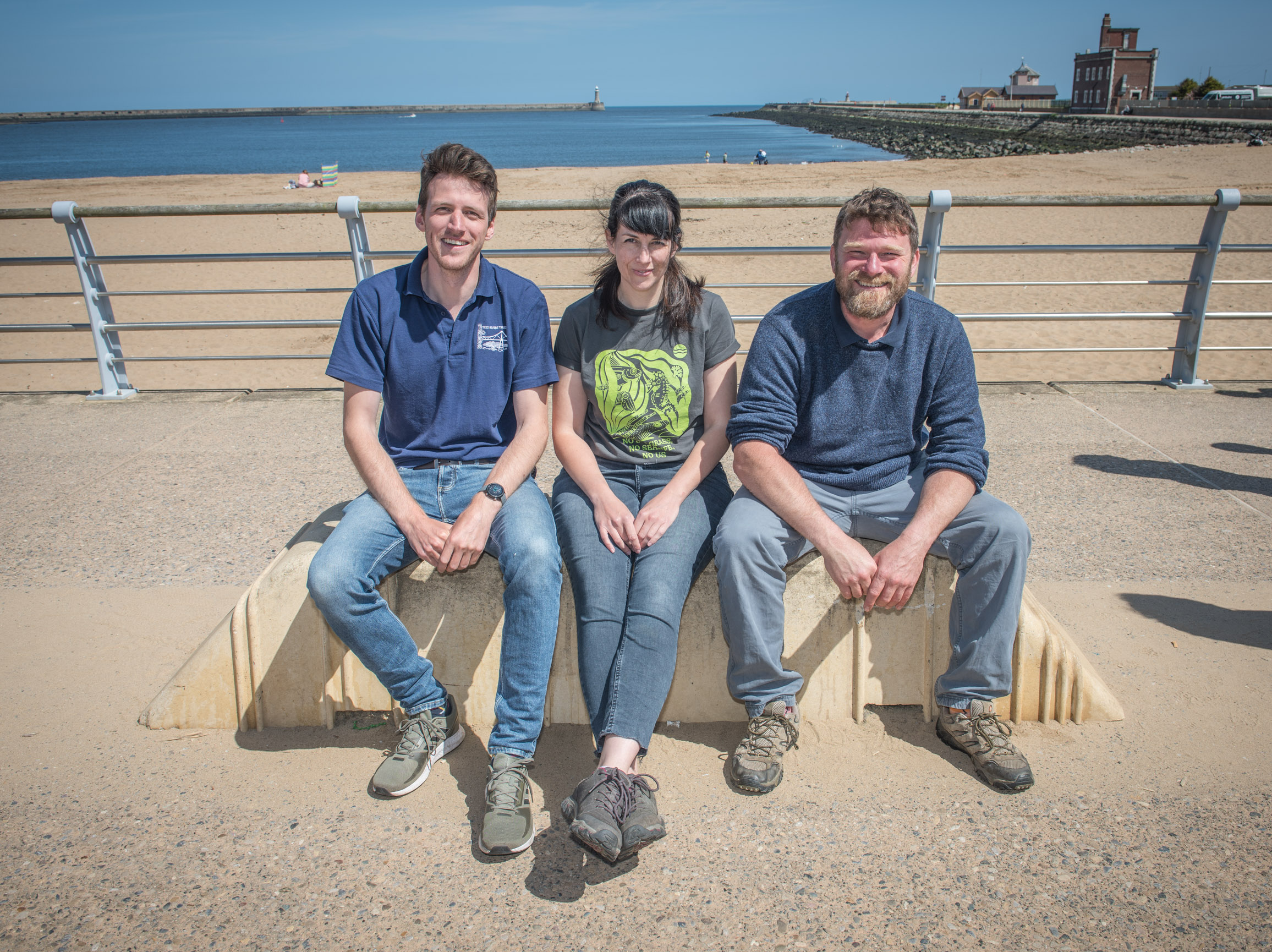
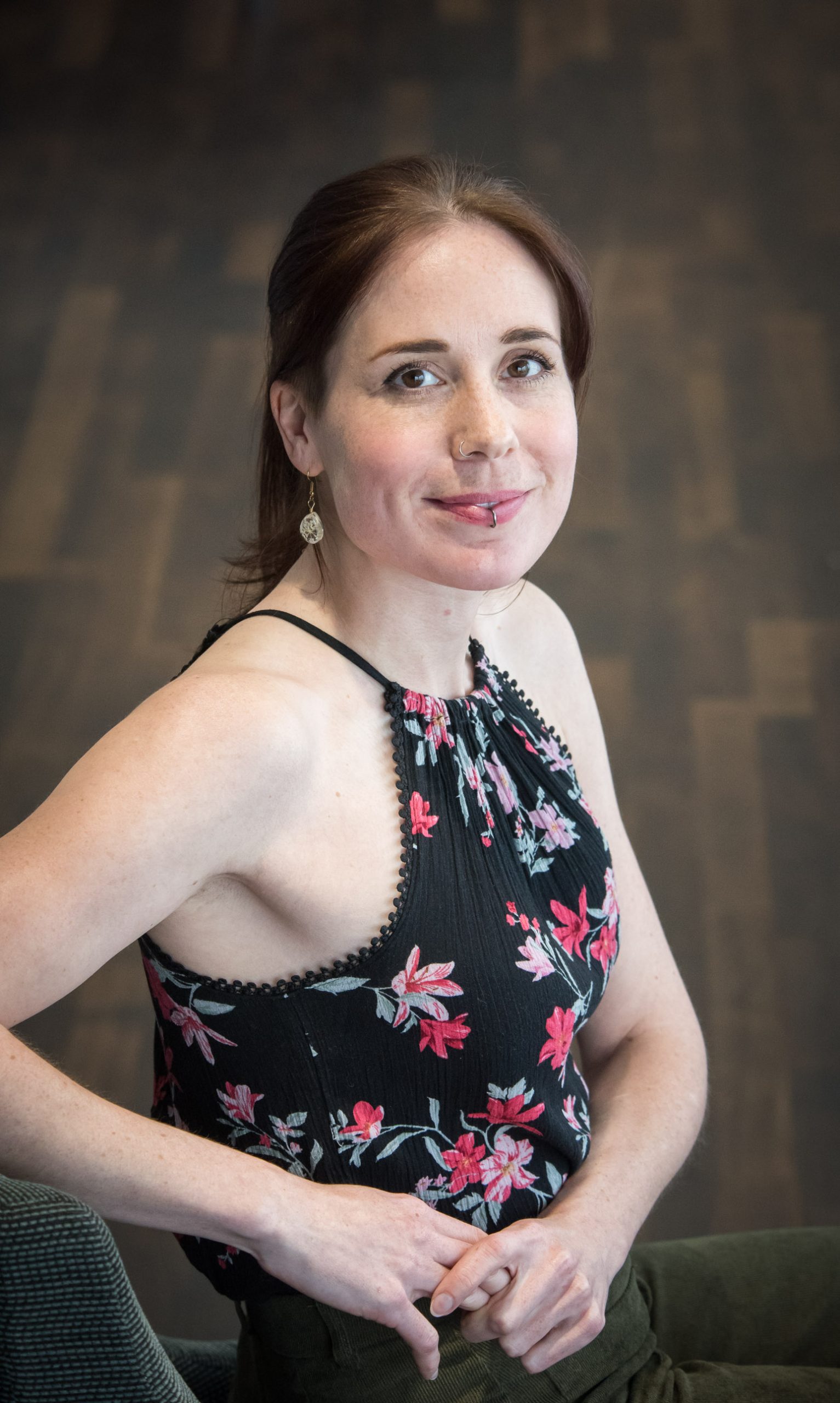
Seagrass and Seaweed Research Officer
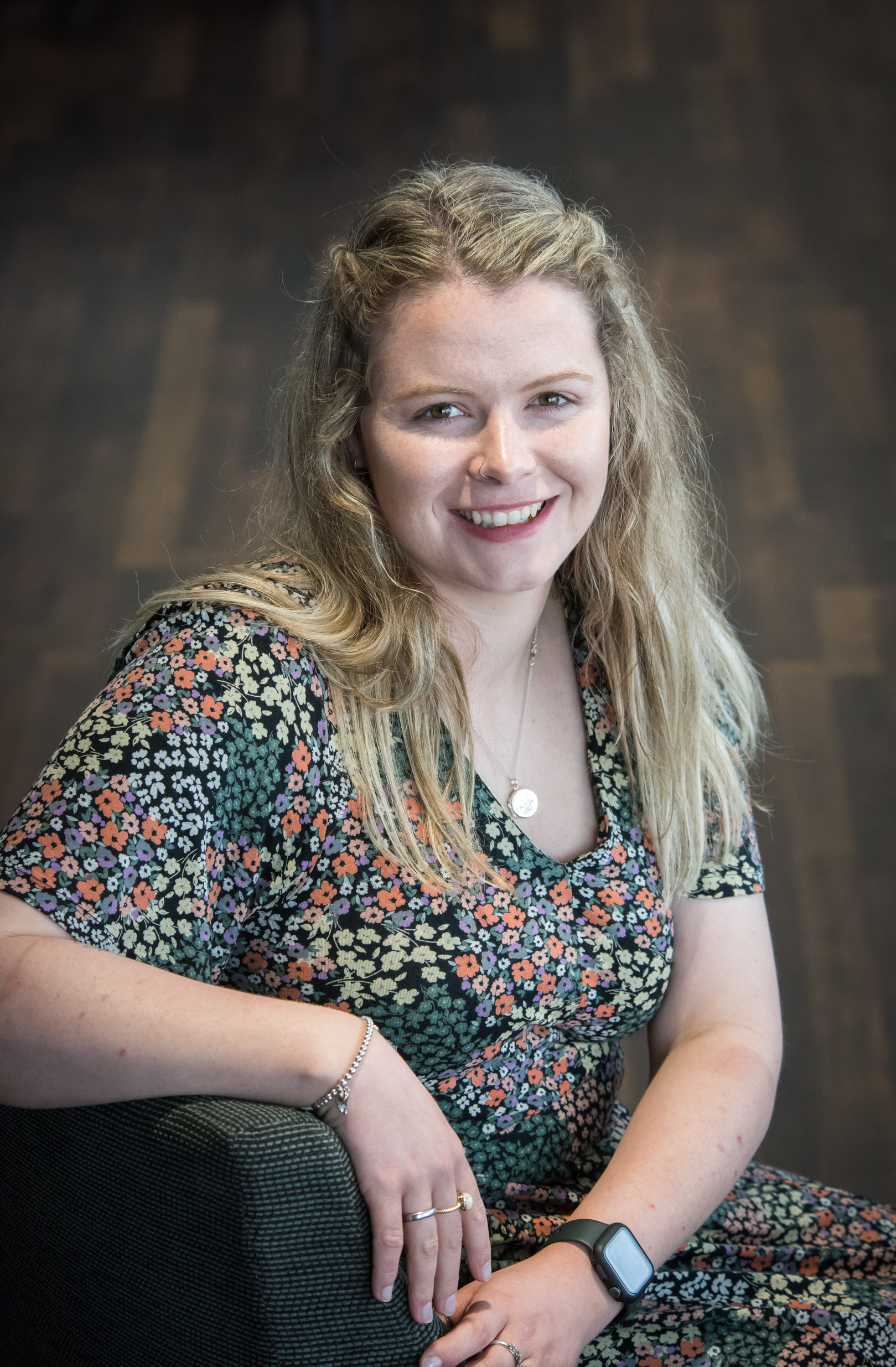
PhD Student at Newcastle University
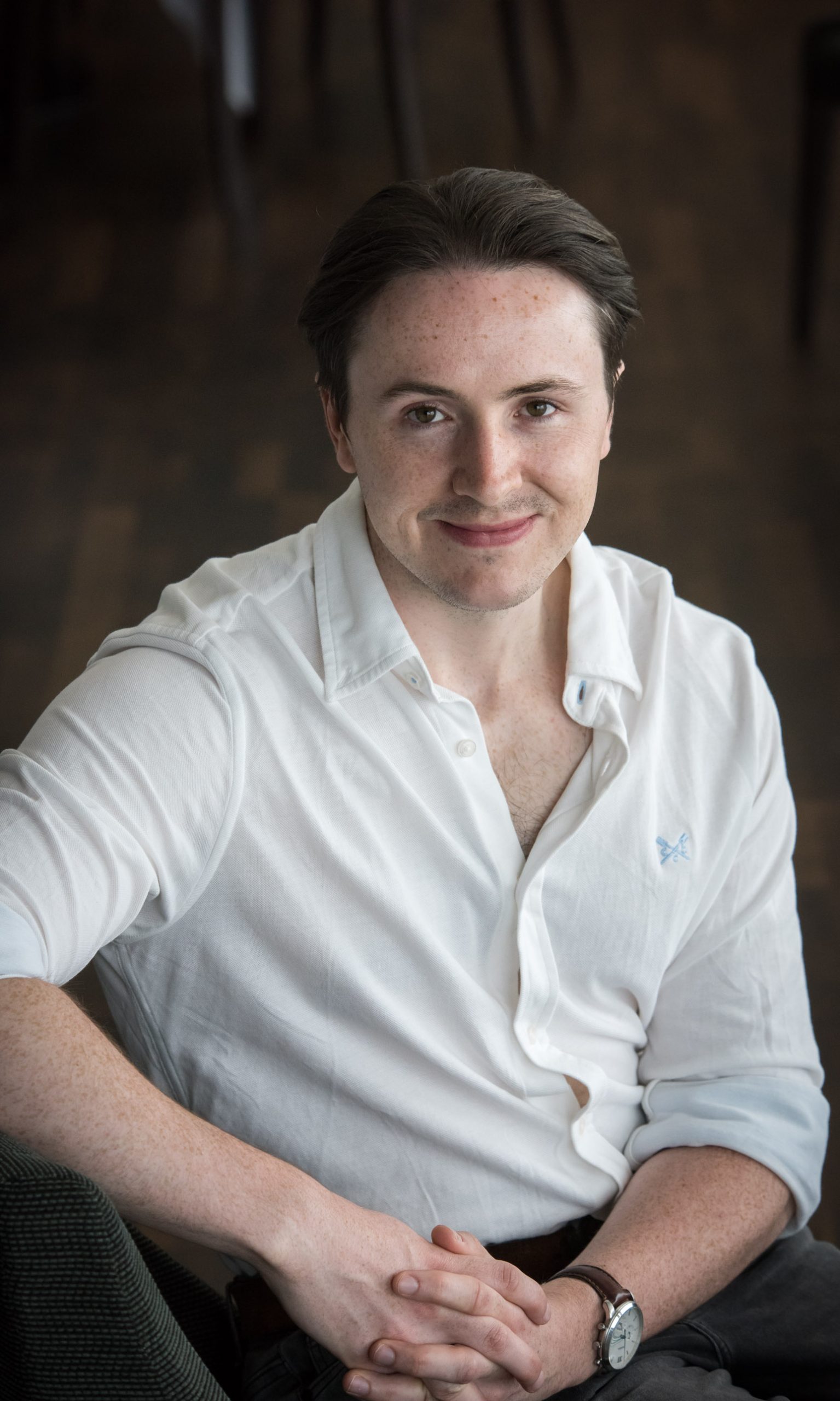
PhD student at Newcastle University
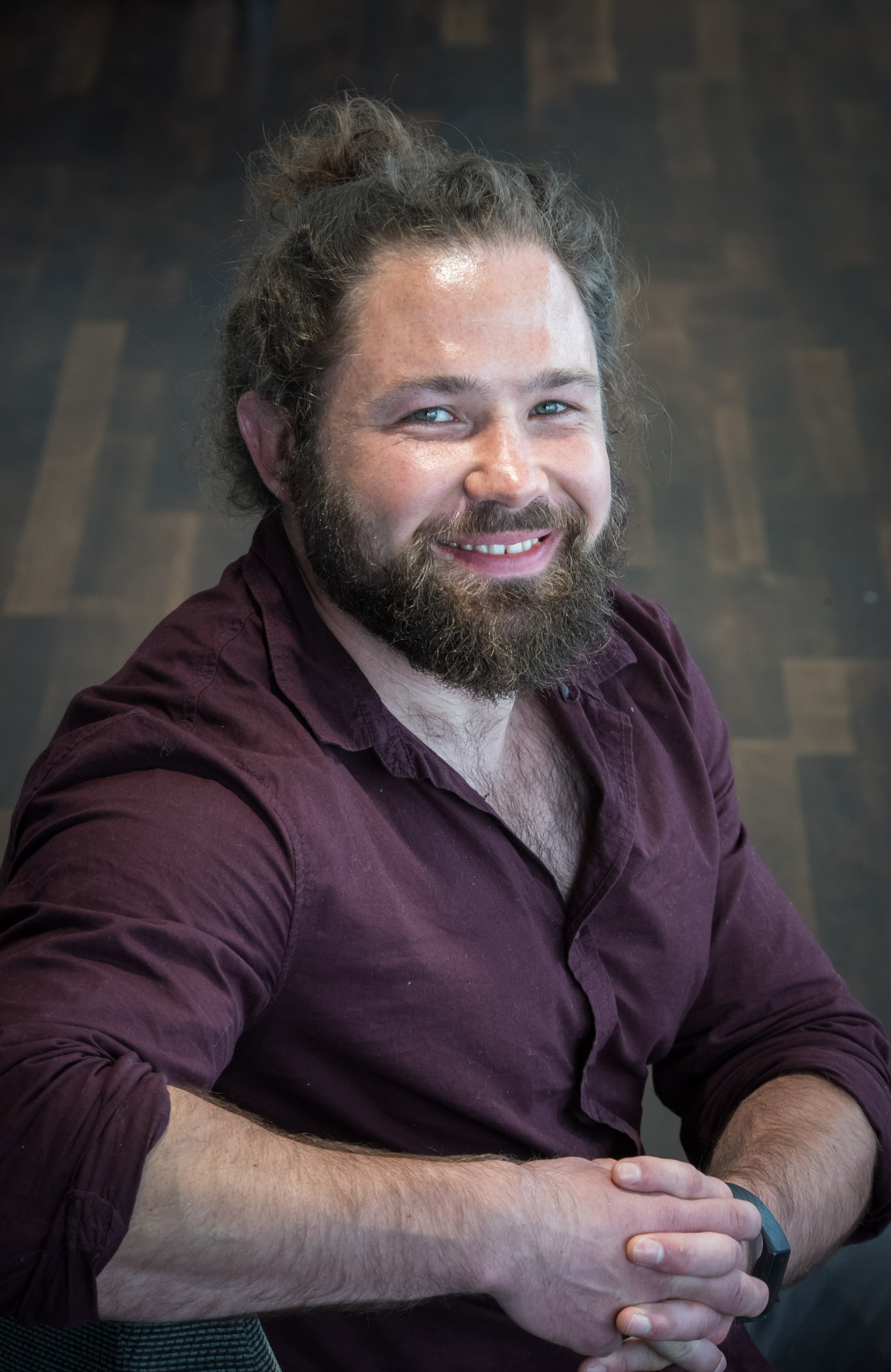
PhD student at Newcastle University
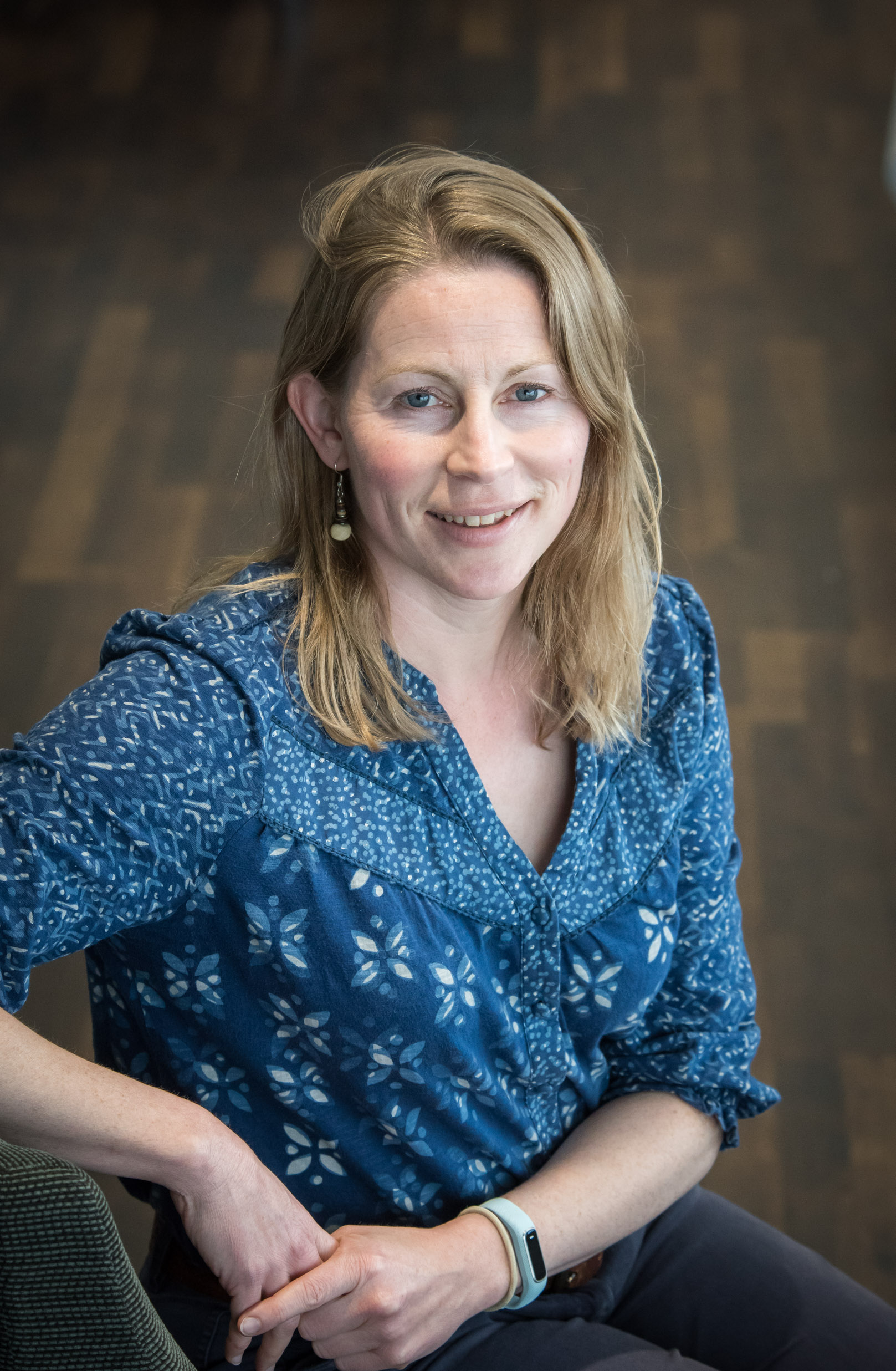
PhD Student at University of Plymouth
This course is aimed at people new to you are new (or relatively new) to Broad Based